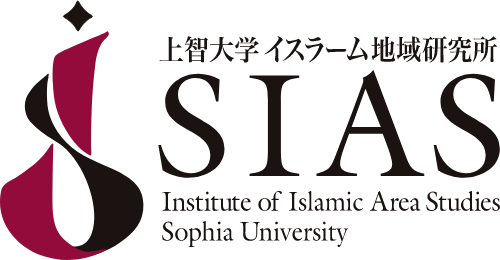上智大学イスラーム地域研究所、アジア文化研究所共催
Post-party Leninism and Bonapartist Anarchism: Two Paradigms in 21st-Century Kurdish Politics
2024年2月14日(水)
上智大学イスラーム地域研究所は、アムステルダム大学哲学科のMichael LEEZENBERG先生をお招きし、上智大学アジア文化研究所との共催で以下の講演会を開催いたします。
先生は広く哲学・思想をご専門とされておりますが、クルド研究の分野でも多岐にわたる(言語、文学、思想、宗教、政治など)業績を上げていらっしゃいます。今回は、「ポスト党派レーニン主義とボナパルト的無政府主義:21世紀のクルド政治における二つの思考法」と題して、今世紀に入り中東政治における主要な行為主体として振る舞うようになった代表的なクルド系諸組織間の関係やそれらに見られる特徴的な思考法について論じていただきます。
Michael LEEZENBERG (University of Amsterdam)
Post-party Leninism and Bonapartist Anarchism: Two Paradigms in 21st-Century Kurdish Politics
山口昭彦(上智大学) yamaguci@sophia.ac.jp
Three decades into the twenty-first century, the Middle East is as instable and violent as at any post- World War II stage. The region has witnessed the growth of new rivalries and fault lines between locally dominant powers like Turkey, Iran, and Saudi Arabia, and between superpowers like United States, Russia, and – increasingly – China. In this presentation, I will explore the rapidly changing role and status of Kurdish actors in this constellation.
The rise to power of Erdogan and the AKP in Turkey in 2002 and the 2003 American-led war in Iraq gave unprecedented opportunities for furthering Kurdish aspirations. For a while, it even looked like different Kurdish groups in different countries were becoming major actors if not ‘kingmakers.’ In Iraq, the Kurds provided not only the driving force but the very model for the consociational arrangement that marked the country’s post-Baathist constitutional order. In Turkey, the pro-Kurdish HDP made unprecedented gains not only in local elections but for the first time also in the national parliament. And from 2012, the civil war in Syria created the opportunity for a radical experiment in anarchist politics led by PKK-inspired Kurds in the Jazira region, nowadays better known as Rojava. Yet, in 2023, Kurdish prospects in all these regions look bleak.
I will briefly analyze the developments of the past decades and the major causes for Kurdish setbacks, like the post-2015 undoing of Kurdish electoral gains in Turkey and the political and territorial reversals following the much-publicized but ultimately backfiring 2017 referendum for Kurdish independence in the Kurdistan Region of Iraq. One major cause for intra-Kurdish dynamics, it will emerge, has been the rivalry between the two most powerful Kurdish parties, the Kurdistan Workers’ Party (PKK), led by Abdullah Öcalan and originating in Turkey, and the Iraq-based Kurdistan Democratic Party (KDP) led by Massoud Barzani. Despite major historical, strategic and ideological differences, it will appear that both parties share a Leninist if not Bonapartist heritage at the level of ideology and organization. Arguably, this Leninism is one of the enduring features of the wider region as well.





